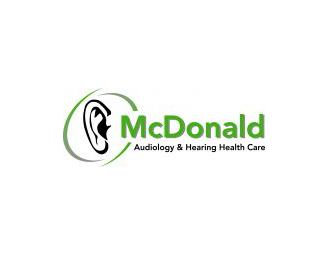If you had the chance to prevent or decrease the risk of cognitive decline as you grew older, how much would you be prepared to pay for it?
What would you say to $15 per week? That’s somewhere around the price of a professionally-programmed pair of hearing aids, which the most recent research shows can decrease the risk of cognitive decline in seniors with hearing loss.
Hearing Loss and Cognitive Decline
A recent study published in the Journal of the American Geriatrics Society found that “self-reported hearing loss is associated with accelerated cognitive decline in older adults; hearing aid use attenuates such decline.”
The study shadowed 3,670 adults age 65 and older over a 25 year time frame. The study found that the rate of cognitive decline was greater in people with hearing loss when compared with those with normal hearing. But the participants with hearing loss who used hearing aids displayed no difference in the rate of cognitive decline compared with those with normal hearing.
Several studies out of Johns Hopkins University have likewise confirmed that hearing loss is linked with accelerated cognitive decline, depression, and in some instances even dementia.
So, hearing loss can produce hastened rates of cognitive decline, but wearing hearing aids can prevent this decline. The question is, how does hearing loss trigger cognitive decline?
A generally established theory is that hearing loss has a tendency to diminish social interaction and stimulation to the auditory portion of the brain, bringing about changes in brain chemistry and structure. These changes are believed to account for the decline in cognitive function as well as the onset of depressive signs and symptoms.
Hearing Loss and Mortality
Another study out of Johns Hopkins University examined 1,666 adults age 70 or older who had received a hearing test. The participants were placed into three groups: (1) no hearing loss, (2) mild hearing loss, and (3) moderate to severe hearing loss. Then, mortality was assessed for each group, with the following results, as described by Johns Hopkins researchers:
“Interestingly, after adjusting for demographic characteristics and cardiovascular risk factors, their results suggested that moderate or more severe hearing loss was associated with a 39% increased risk of mortality, while a mild hearing loss had a 21% increased risk of mortality, compared to those with normal hearing.”
This is not to imply that hearing loss directly has an effect on mortality rates, but rather that the consequences of hearing loss can. Hearing loss has been found to generate cognitive decline and reduced levels of social interaction and physical activity. This translates to changes to the brain and diminished physical and social activity levels, which more obviously can impact mortality rates.
Hearing Aids Can Help
The real price of hearing loss, then, is a great deal more than merely inconvenience or missing out on a couple of conversations. Hearing loss could mean sacrificing your mental, physical, and social health—and possibly even your life.
As additional research is performed, and as we become more informed on the real costs of hearing loss, $15 per week for a pair of top quality hearing aids will seem like nothing at all.

